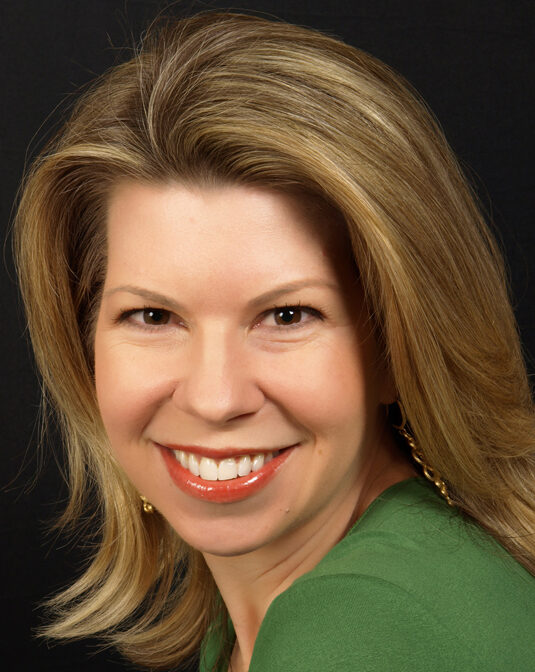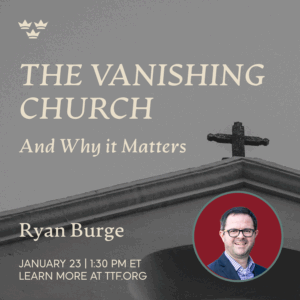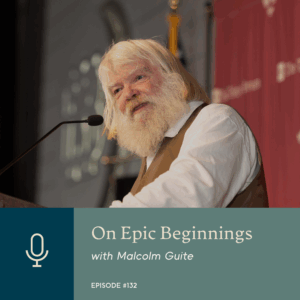Renewing the Joy of Advent with Hannah Anderson
December 16, 2022
Overview
Speakers
-
 HANNAH ANDERSON
HANNAH ANDERSON -
 CHERIE HARDER
CHERIE HARDER
SHARE

